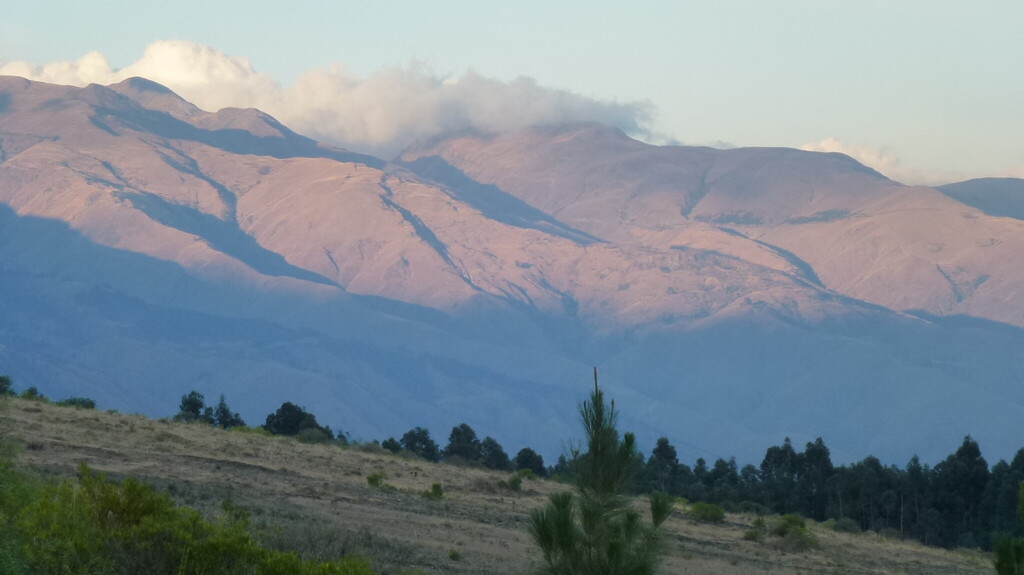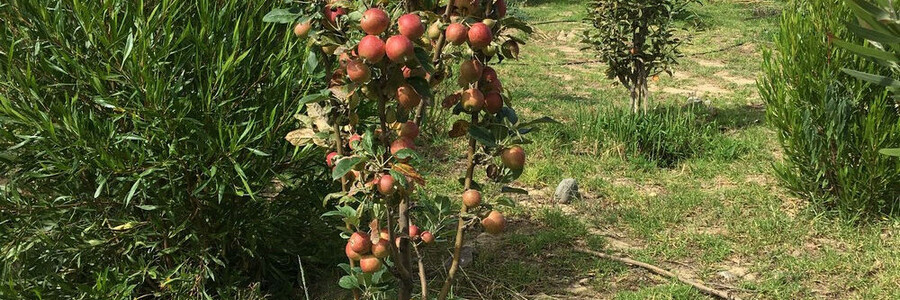Democracies under pressure
As is currently the case in many democracies around the world, including in Europe, elected representatives are using their power to dismantle basic democratic pillars such as freedom of the press, an independent judiciary or the balance between the executive and the legislature. This is how Evo Morales, who has ruled for 12 years, the last few of which were basically illegal, does it. The Bolivian constitution stipulates that a president can only be elected twice.
In February 2017, Evo held a referendum asking if he could be elected more than twice (his target 4x). Bolivians voted no. Evo did not recognise the referendum. And the state continues to be transformed. Evo's confidants are placed in decisive positions, critics are muzzled or silenced with money. Anyone who publicly criticises Evo is likely to be imprisoned or fined or lose their professional licence.
Even for Naturefund there is a risk if this newsletter is published with criticism of Evo and the government, e.g. my entry could be prevented next time or the project sabotaged.
New threat to rainforests
A few more sad and also startling details: the Bolivian government has decided to expand the limit of agricultural cultivation and to clear the rainforest for it. In 2016/2017, Bolivia had the highest deforestation rate in the world, ahead of Brazil. The consequences are already noticeable: the rainy season in the valley of Cochabamba starts two months late and it only rains at night.
Why? The slopes of the Andes here have already been deforested and are thus exposed to full sun during the day. The earth heats up, 60 - 80 degrees and more, the heat rises high and although there are many rain clouds in the sky, they are driven away by the rising heat. At night the ground cools down and with nice regularity it starts raining around midnight, and at full pelt.
And since the trees have been cut down and their roots no longer hold water in the humus-rich soil, there is regular flooding. My appointment tomorrow with the Alcadesa of Vinto - comparable to the mayor of Wiesbaden, if there were one - was almost cancelled because the city is under water.
Tomorrow we want to sign the contract that the municipality of Vinto, together with the municipality of Combuyo and with financial help from Naturefund and support from the Federal Ministry for Development, will reforest the slope above Vinto. The slope is huge, almost a whole mountain, and it is a bit presumptuous to want to reforest it, but it is a start.
Effects felt in Europe
Back to the rainforest and rain ... the consequences of the deforestation of the Amazon rainforest in Bolivia and Brazil can be felt as far away as Portugal and Spain. The clouds can no longer absorb enough water on the many deforested and bare areas before making their way across the ocean to Europe. They rain down before reaching the coast of Portugal and Spain. The consequences are drought.
My suggestion and wish: 500 billion € every year to protect the remaining rainforest and reforest the bare areas, e.g. with dynamic agroforestry ;-)! It's cheaper anyway and helps to slow down climate change. Moreover, what the Bolivian government is doing is very uneconomical. At the moment, huge pastures are being created, with an average of 1 head of cattle per 5 hectares. The profit goes to rich ranchers, not poor families.
Solutions are on the way
Our project looks a bit like a louse in Goliath's fur, and yet ... it works, amazingly well. I have seen plots that have developed 30 cm of a thick, rich humus layer after 17 months on barren red soil. I know nobody believes me, but that's how it is and he should just come and visit our project. The plants are growing well, the first apple trees bear plenty of apples after two years.
Sounds unbelievable too, but look at the photos. With all this, it is also a laborious process, because we are talking about the conversion of an agricultural practice, or better, an agricultural culture. The conversion of a cultural habit takes time, usually decades. But we have already achieved a lot here in Bolivia in three years. I try to keep reminding myself of this and to be patient.
Would you like to support our project in Bolivia?

